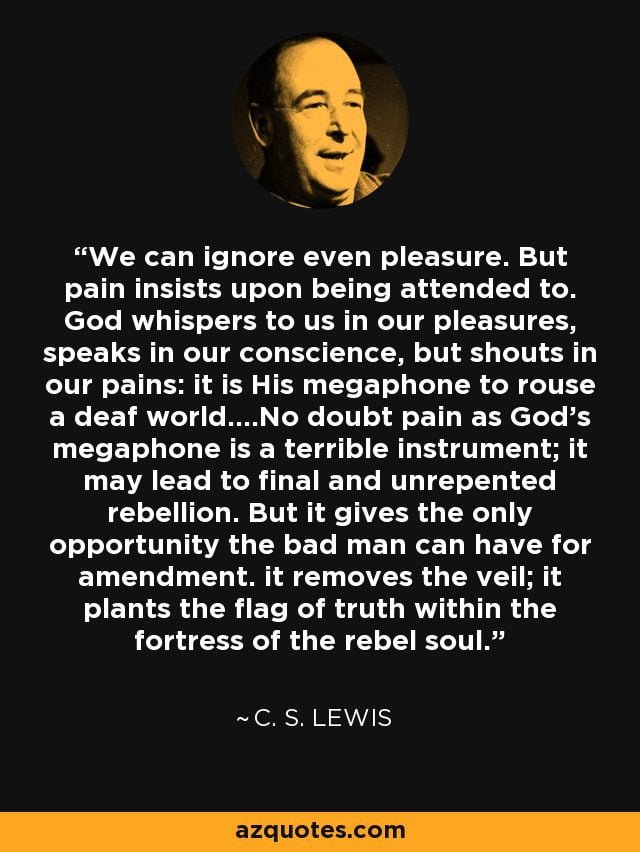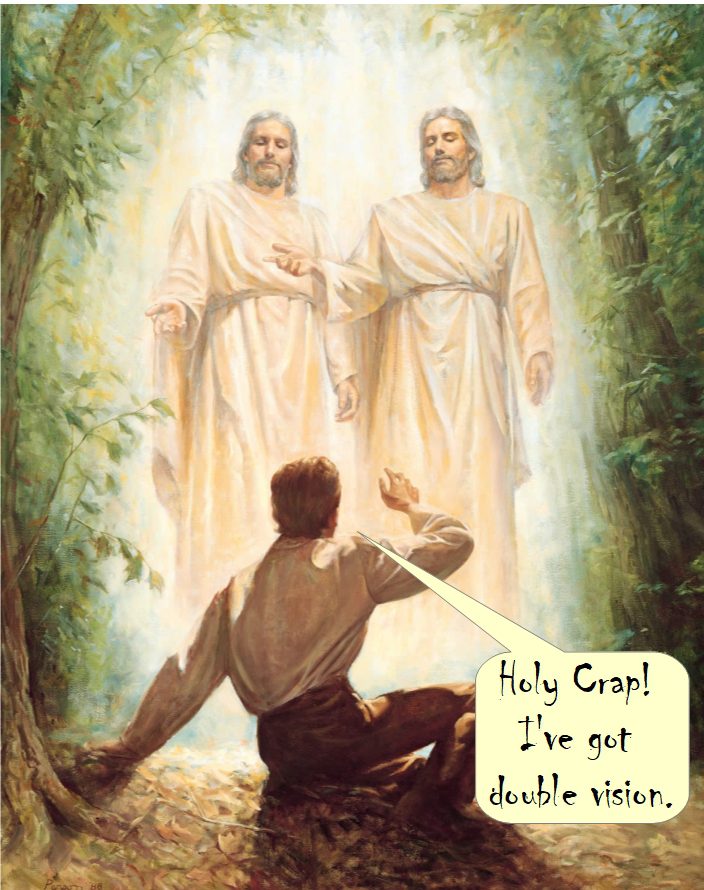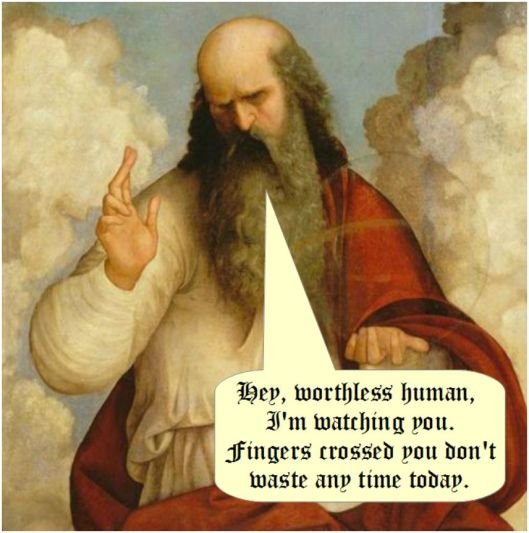
By Neil Robinson, who blogs at Rejecting Jesus
I’d be interested to know, of those of you who are no longer Christians, what led you to become one in the first place.
There are thousands of websites and books that argue philosophically for the validity of Christianity, presenting their evidence for the resurrection and generally taking an intellectual approach to promoting the faith.
I’d be very surprised if this ‘evidence’, which is poor at best, and Christians’ philosophical arguments lead anyone to Jesus/God/faith.
My own experience is that conversion is an emotional experience. As a teen I listened to speaker after speaker at the YMCA I attended tell me how their sins had been forgiven and how getting to know Jesus had given them a great sense of peace and purpose. I originally went along to the Y, as we called it, to meet friends, play table–tennis and drink coffee while listening to the jukebox. I had no idea I was a sinner, nor that I needed forgiven, but I liked the enthusiasm – they said it was ‘joy’ – that the speakers conveyed. I thought too I could maybe do with a sense of purpose though I was, as a fifteen-year-old, quite happy drifting along relatively aimlessly.
The persistent drip feed of what Jesus could do for me (and others) was persuasive. It sowed the seed, as the Christian cliché has it. It took a lively young American evangelist from Arthur Blessitt Ministries to convict me. Jesus had turned his life around and he was on his way to Heaven. Denying Jesus, he said, was to crucify him all over again. So I prayed the sinner’s prayer and gave my life to Jesus too.
Nowhere in any of this was there anything philosophical; no ’proof’ of the resurrection; no explanation of how the Bible was the Word of God. All the talks were appeals to emotion: how I could feel forgiven, how I could know love, joy, and peace, how I could live forever after I died, up there with God in Heaven.
All the rationalisation came later, like it always does. Psychologists tell us that the intuitive part of the brain makes decisions ahead of the rational part, which seeks to catch up afterwards, supplying the reasons why the decision we’ve made is a good one. We’ve all done it when we’ve bought that item we don’t really need and have justified it all the way home. Religious conversion follows this pattern.
The thinking mind only becomes involved afterward, hence ‘post hoc rationalisation’. We then become complicit in our own indoctrination: Bible study (both group and individual), listening to sermons, learning from more mature Christians, worship (all those song and hymn lyrics reinforcing the mumbo jumbo), reading Christian books, immersing ourselves in the complexities of the religion. This is how it’s always been. As Paul puts in 1 Corinthians 3:2, we move from milk to meat as we delve further into ‘the mysteries of Christ’. Or, more accurately, we become more deeply indoctrinated.
But all of this comes later. The emotional experience is first, as it was for Paul, C S. Lewis (who described it as being ‘surprised by joy’), George W. Bush, and millions of other converts. In my Christian days, I personally ‘led people to the Lord’ by ‘sharing my testimony’ (I’ve still got the jargon!) and can assure you, those involved felt the Holy Spirit with a profound intensity. Only kidding. They became pretty emotional.
I know of no one who became a Christian by assessing the evidence for the resurrection, reading Paul’s theobabble, or analysing the central claims of Christianity. I suppose there might be some who, like Lee Strobel, insist they ‘came to faith’ this way. But faith and rational analysis are incompatible. When the writer of Hebrews (11:1) says: ‘faith is the substance of things hoped for, the evidence of things not seen,’ he is oblivious to the fact that there isn’t any ‘evidence’ of unseen spiritual ‘things’. There are only our own feelings and emotional confirmation bias.
So that’s how it was for me. How was it for you?
Bruce Gerencser, 67, lives in rural Northwest Ohio with his wife of 46 years. He and his wife have six grown children and sixteen grandchildren. Bruce pastored Evangelical churches for twenty-five years in Ohio, Texas, and Michigan. Bruce left the ministry in 2005, and in 2008 he left Christianity. Bruce is now a humanist and an atheist.
Your comments are welcome and appreciated. All first-time comments are moderated. Please read the commenting rules before commenting.
You can email Bruce via the Contact Form.






